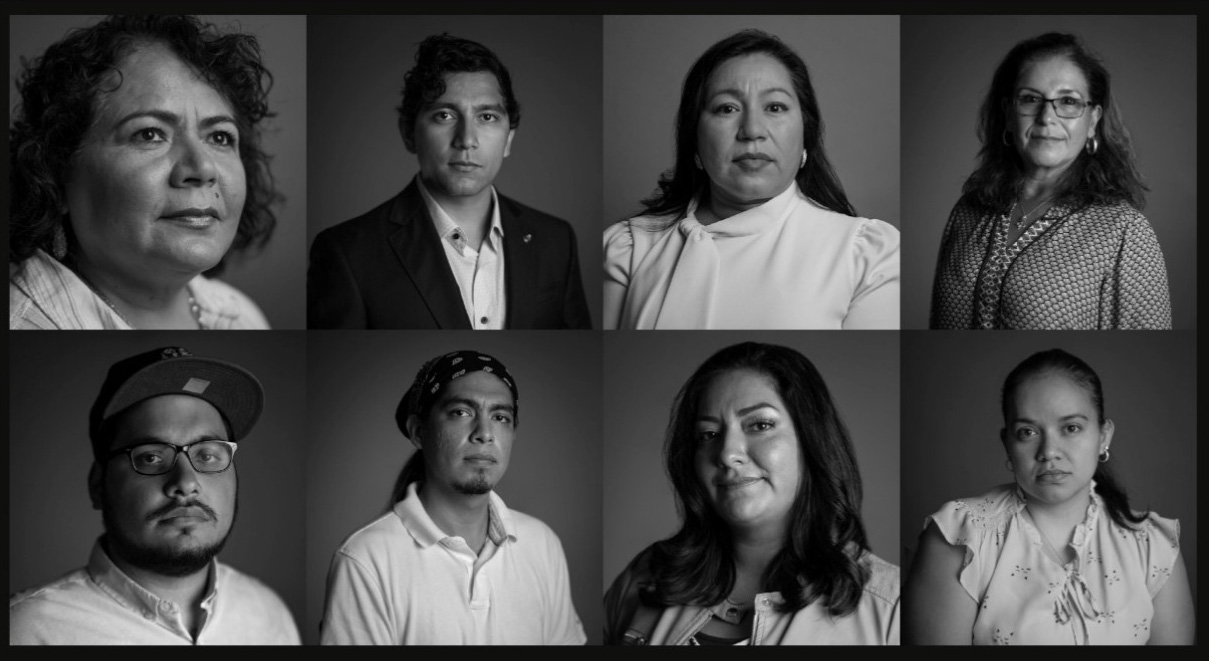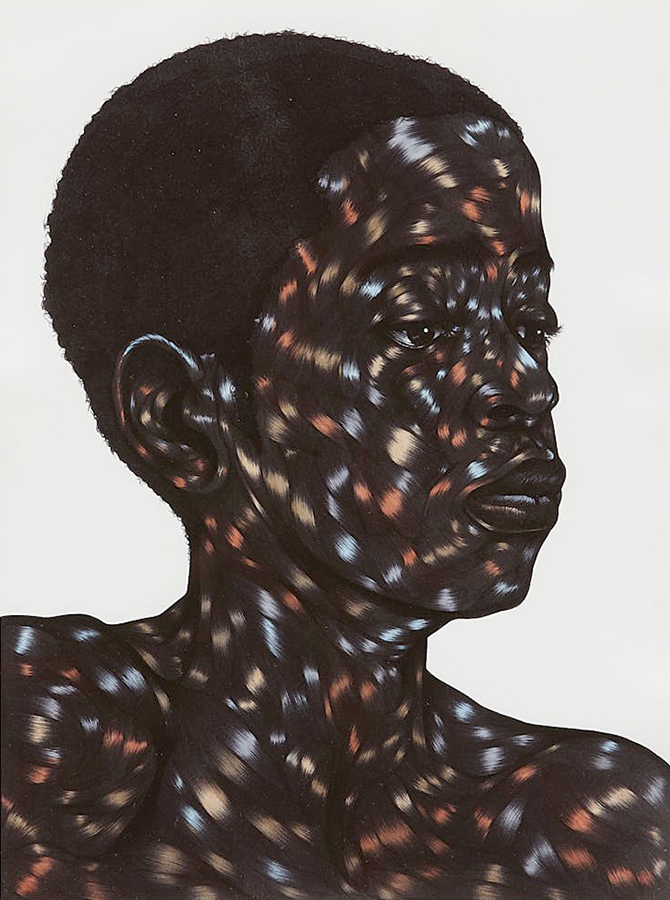I have too many friends.
According to my Facebook account, at least. A couple of months ago, a coworker I friended jokingly chided me on my wall, “Glad to be friends with you and [for] the closeness it brings. After all, I'll always be that special 982nd friend request that you accepted.” Just a week later, another playful jibe appeared, this time from a newly added acquaintance I had just met: “Nick, I'm not sure I can be friends with someone who already has 987 other friends.”
I’m not going to make apologies for my apparently indiscriminate friending habits (as I write, 1,031 friends and growing). But these episodes illustrate how many of us assume it is possible to have too many friends. When it comes to friendship, we figure that quantity isn’t quality. Quite the opposite, actually.
I’m not so sure Stanley Hauerwas would agree. His recently released memoir, “Hannah’s Child” (Eerdmans), is an exercise in naming the ways we belong to the many friends, colleagues and even the institutions that comprise our social networks. There are not here the screeds against the American war machine or liberal democracy that those with a shallow acquaintance with Hauerwas would expect. The book’s hallmark is rather the most powerful theme in Hauerwas’s work: friendship. This “theologian’s memoir” is less an account of how the Duke ethicist came to be regarded by TIME as “America’s Best Theologian” than a straightforward reckoning with how friends must matter for being Christian.
Christianity is not a straightforward affair for this ambivalent Methodist. From his hardscrabble upbringing as the son of a bricklayer in Flower Mound, Texas, a detour through Protestant liberalism, an imploded marriage and finally an arrival at Duke, Hauerwas conveys his discomfiture with being a Christian at every turn. Readers might be startled at such vulnerability from a celebrated theologian, but it’s precisely the point. Christian existence is fragile. Calling oneself a Christian is complicated, and is something that can’t be truthfully undertaken without confessing how contingent our lives are.
Thank God, then, for the many friends that nudge him towards his Creator: his academic colleagues and students who prod him to write about God; Paula, his wife, who forces him to pray before classes; his admirers and interlocutors in the thick of parish life with whom he tirelessly exchanges letters. Hauerwas loves to recall friends by name, along with the ways that they have been indispensible to his life, and even his survival. How could he go on, he repeatedly wonders, without those who bore him up when he was at the end of his rope? Peri and Beverly. David Burrell. Broadway United Methodist Church. Greg and Susan Jones. His son, Adam. Enemies get named, too (would we expect anything less from this plucky provocateur?) but even that can be read in some sense as oblique tribute to those who have made his life possible.
How appropriate that the theologian who made a career of insisting God is not an unnamed vagueness but the particular God of Israel who raised Jesus from the dead, also insists on taking time to attend to the particularities of his numerous relationships: “I seem to live assuming that my capacity for friendship is without limit . . . I have no reason to deny it is a tricky business to have so many friends, but it is a business that I believe lies at the heart of what it means to be a Christian.”
“Hannah’s Child” invites gratitude for the truth of Hauerwas’s happy observation that we couldn’t have thought ourselves up. It’s the big takeaway from this story of an unlikely theologian whose life he claims is the result of his mother who prayed Hannah’s prayer. Our lives are a gift from others and finally, from a God who has called us on this surprising, precarious adventure called Christian. It’s an adventure better taken with friends. The more the merrier.











